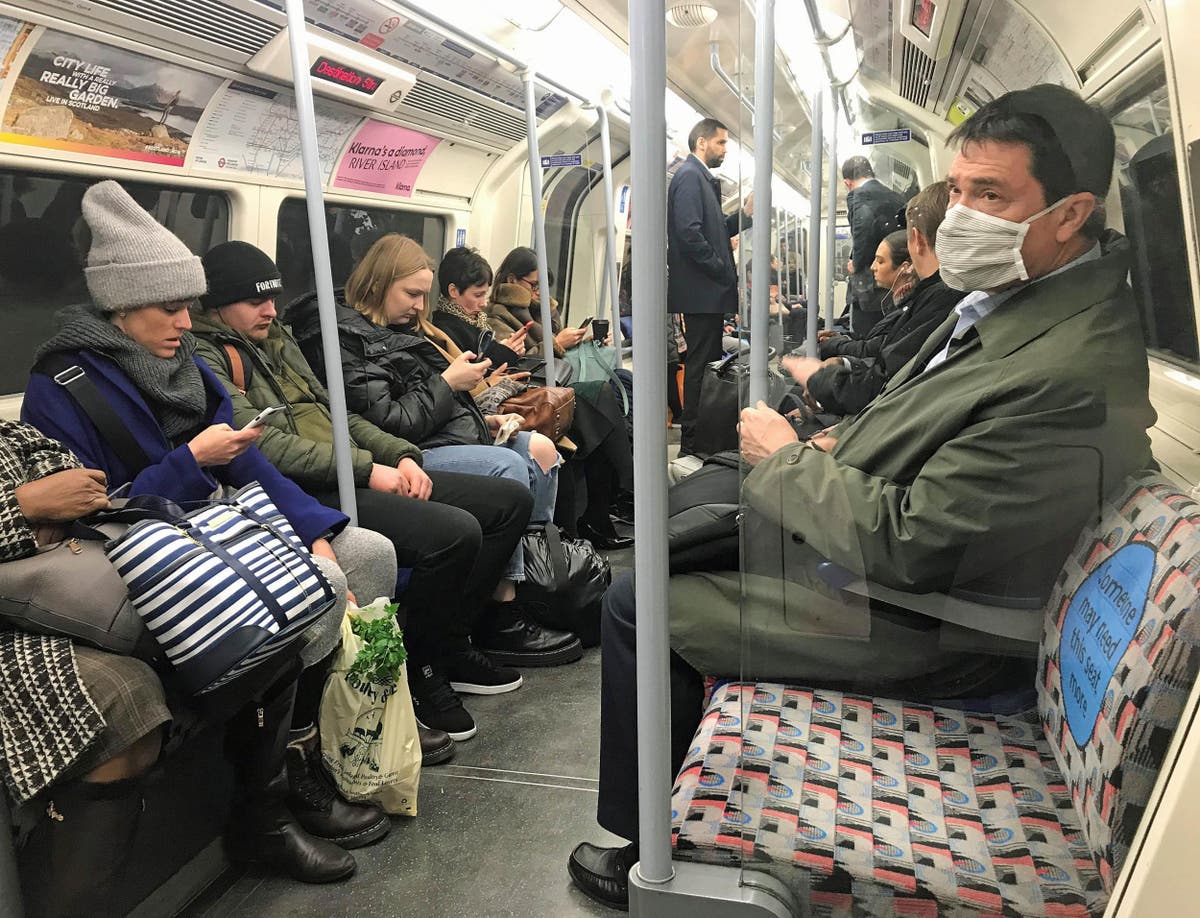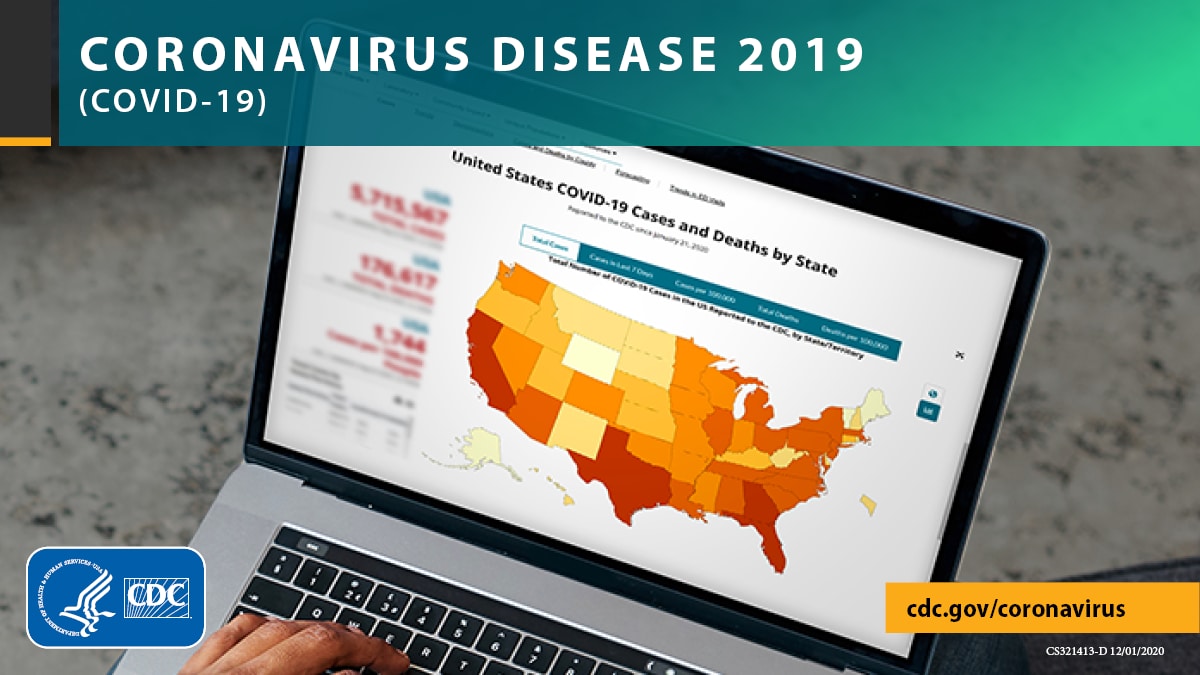D
Deleted member 21371
Guest
Travellor, show me the "on the ground" evidence. See graphs above, what happened to covid cases after 24th July 2020 when masks were made mandatory?
Lets see what our chief medical officer thinks....
England’s chief medical officer has warned the public wearing face masks will do little to combat the ongoing coronavirus outbreak.
Professor Chris Whitty told Sky News on Wednesday that wearing a face mask had almost no effect on reducing the risk of contracting the illness.
Prof Whitty said: “In terms of wearing a mask, our advice is clear: that wearing a mask if you don’t have an infection reduces the risk almost not at all. So we do not advise that.”
“The only people we do sometimes use masks for are people who have got an infection and that is to help them to stop it spreading around," he added.

Don't wear face masks in response to coronavirus, says chief medical officer
Chris Whitty instead advises people to regularly wash their handswww.independent.co.uk
So, you agree, if you are infected, wearing a mask will indeed reduce transmission?
Thank you for agreeing with that at least.


